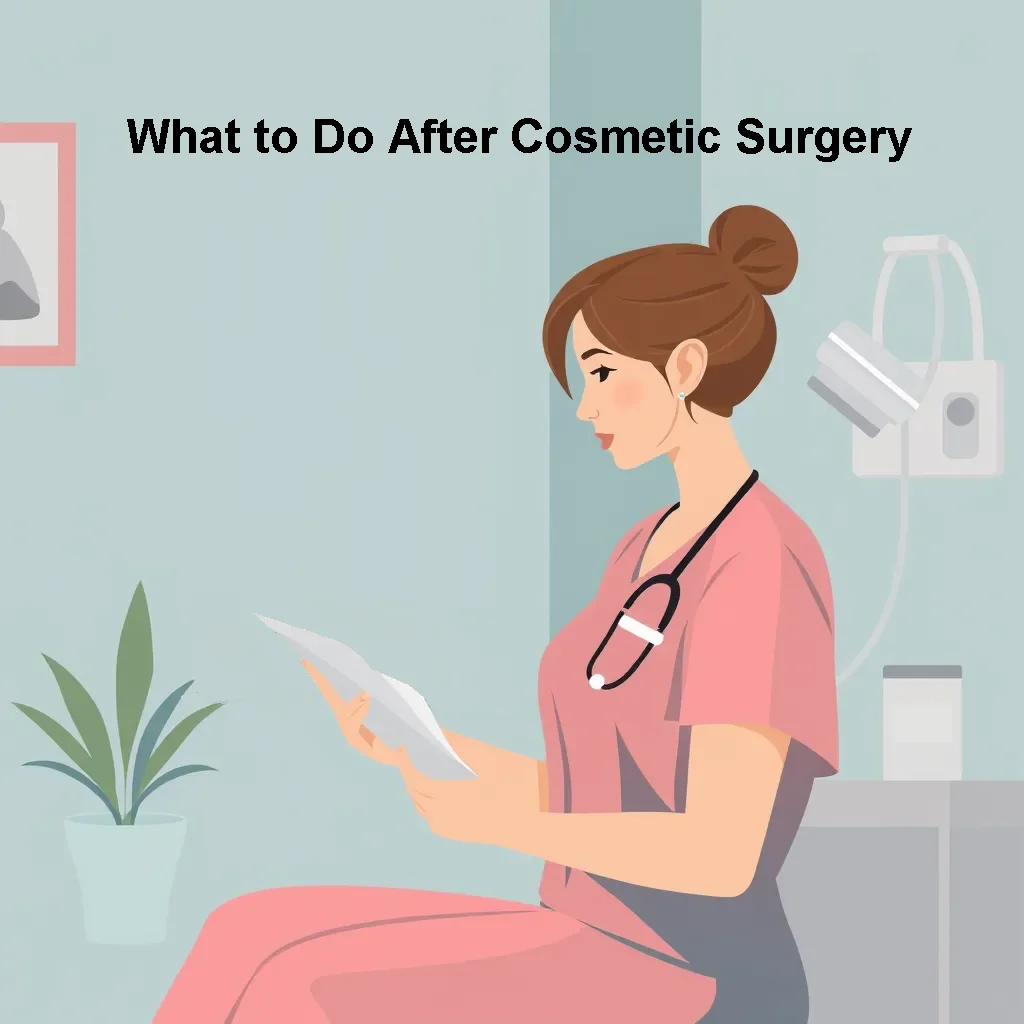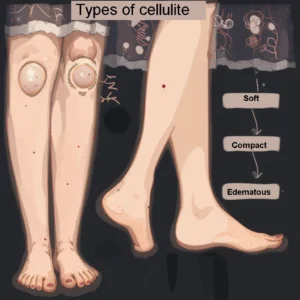

What to Do After Cosmetic Surgery
What to Do After Cosmetic Surgery: Complete Guide for the First 72 Hours
What to do after cosmetic surgery is one of the most frequently asked questions among those undergoing this type of procedure. First and foremost, it’s important to know that the first 72 hours are crucial to ensure a safe, speedy, and complication-free recovery. While each body responds differently, it’s essential to emphasize that there are general guidelines that all patients should follow.
This way, you can improve results and reduce risks. Therefore, in this article, you’ll find a detailed guide that will undoubtedly help you navigate this stage successfully.
1. Immediate preparation after surgery

As soon as you leave the operating room, your body begins an automatic recovery process. For this reason, to avoid complications from the outset, it’s essential to follow the surgeon’s instructions to the letter. Furthermore, complete rest during the first few hours reduces the risk of bleeding or inflammation. Likewise, it’s important to have someone with you at home to support you with basic tasks such as moving around, staying hydrated, and taking your medications on time.
Also, a gentle and balanced diet facilitates healing. Therefore, avoid processed foods high in sodium or fat. Instead, opt for broths, soft fruits, and natural smoothies, as they provide energy without overloading the digestive system.
2. What to do after surgery in the first 24 hours
During this initial period, pain and swelling may be intense. However, this is completely normal. Therefore, the key is to control symptoms with the prescribed medication. Never take medications without first consulting your surgeon, as this could worsen your condition.
In the meantime, rest with your head slightly elevated to improve circulation and reduce swelling. This position is especially beneficial, especially if you had facial or breast surgery.
Also, avoid any physical exertion. Although walking for a few minutes indoors is good to boost circulation, avoid lifting heavy objects or bending over abruptly.
3. Hygiene and Healing Care
At this point, knowing what to do afterward to keep your incisions clean is vital. Change bandages only if authorized by your doctor and do so with perfectly clean hands. Never apply creams or products without medical approval.
Also, wear loose, cotton clothing to avoid rubbing against the wounds. If postoperative girdles are indicated, they should be used exactly as recommended by your specialist. Otherwise, you may experience unnecessary irritation or complications.
4. Pain and Inflammation Management
During the first 48 to 72 hours, you will likely experience discomfort. Fortunately, there are effective ways to relieve it:
- First, use cold compresses (never ice directly).
- Also, take pain relievers according to the prescribed schedule.
- Likewise, stay properly hydrated to help your body eliminate toxins.
- Finally, stay in a cool and calm environment.
Thanks to these actions, your body will respond better to the recovery process.
5. Warning Signs You Shouldn’t Ignore
Knowing what to do after noticing unusual signs can prevent serious complications. Therefore, you should see a doctor immediately if you experience any of the following symptoms:
- Persistent fever.
- Sharp pain that doesn’t subside.
- Heavy bleeding from the wound.
- Foul-smelling discharge.
In other words, detecting an infection or adverse reaction early can make the difference between a successful treatment and a complicated one.
6. Proper Nutrition for Better Recovery
Diet directly influences healing. Therefore, foods rich in vitamin C, zinc, and protein are essential. Be sure to include:
- Fish, eggs, and legumes.
- Fruits such as kiwi, oranges, or strawberries.
- Cooked vegetables and light soups.
At the same time, avoid coffee, alcohol, and tobacco, as they all interfere with healing and can increase inflammation.
7. Rest and Moderate Mobility
The body needs rest to heal. However, complete and prolonged rest can be counterproductive. For this reason, starting on the second day, walk for short periods indoors. This will prevent blood clots and promote recovery.
Also, try to sleep on your side or on your back, depending on the area treated. Use pillows to support your body and avoid sudden movements that could damage tissue.
8. Strict Medical Follow-up
Do not skip post-operative appointments under any circumstances. Follow-up care allows your doctor to assess your progress and detect any potential problems. In fact, treatment adjustments are common, such as changing medication dosages or removing stitches.
Therefore, have a list of questions for each appointment. This way, you can answer any questions and stay calm throughout the process.
9. What to do afterward to speed up recovery without risks
There are actions that can make a difference in your recovery:
- Maintain a positive and calm attitude.
- Lean on family or friends at all times.
- Avoid social media or sources of unnecessary stress.
- Listen to your body and don’t push yourself too hard, especially during the first few days.
Taken together, these recommendations can have a profound impact on your overall well-being.
10. Key Recommendations for the First 72 Hours
What to do afterward during this period can be summarized in the following guidelines:
- Rest uninterruptedly to allow your body to recover.
- Hydrate constantly to facilitate internal processes.
- Follow medical treatment to the letter without omissions.
- Avoid exposing wounds to the sun at all times.
- Do not self-medicate or use home remedies without supervision.
In short, these measures will prepare you for a successful and smooth recovery.
Conclusion: What to Do After Cosmetic Surgery
Knowing what to do after cosmetic surgery in the first 72 hours can make a big difference between a good and a bad postoperative experience. Although care varies depending on the type of surgery, following these general recommendations can help you heal faster and avoid complications. In short, listening to your body, maintaining good communication with your doctor, and being consistent with your treatment are the keys to success.
Explore other related articles by clicking here and Visit the official website here




